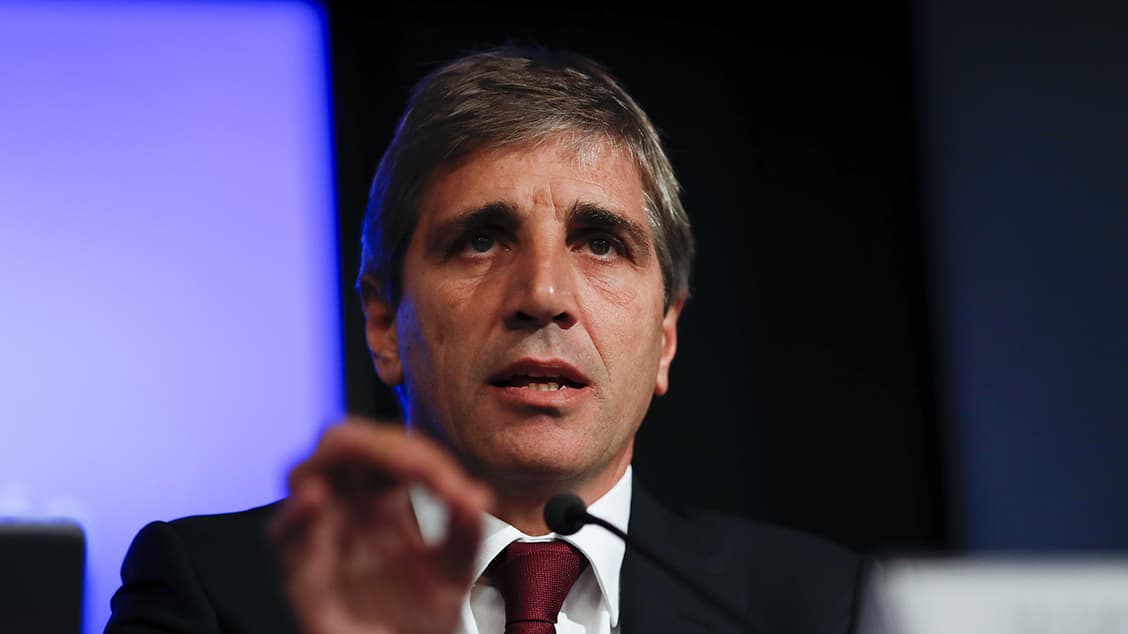Of the economy ministers assuming their roles as the new year gets under way, hardly any will face a more challenging task than Argentina’s Luis Caputo.
Nominated by newly-elected right-wing libertarian Javier Milei with the promise of “shocking” the country’s dismal economy back into functionality, the former Central Bank of Argentina governor, who previously served as finance minister under former President Mauricio Macri, will have to wrestle Argentina’s nearly 150% yearly inflation rate with the precarious state of central bank reserves—a combination that threw nearly 40% of the population deeper into poverty.
The main reason for the disastrous outlook is the country’s “addiction to fiscal spending,” which Caputo promises to tackle with significant cuts to the social welfare budget.
“It will be a tough adjustment, which will likely increase inflation in the short term due to the end of subsidies and currency devaluation,” reckons Reginaldo Nogueira, national director of Ibmec Business School, “but it will open up room for improvement over an 18- to 24-month horizon.”
Keeping the peso from complete pulverization seems like a herculean task at best. With a $44 billion obligation to the IMF and national debt nearing 90% of GDP, the risk premia for Argentina’s bonds is simply too high for foreign investors.
That’s why Caputo, a former Wall Street trader, may play the opposite card: dollarization, which Milei promised during his campaign.
In his first measure in office, Caputo devaluated the peso by 50%, addressing black-market trading that has put pressure on the official exchange rate. Secondly, he cut energy subsidies and canceled tenders for public works. It will be a while before dollarizing could happen, however. “Argentina doesn’t have the currency reserves for it, nor does it have access to the foreign market in the necessary volume,” says Nogueira. “First, the country will need to stabilize its economy, which should take up to two years given the seriousness of the situation.”




